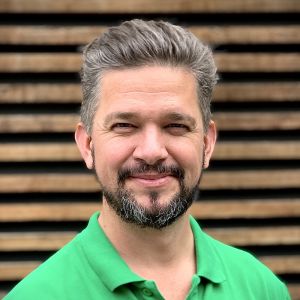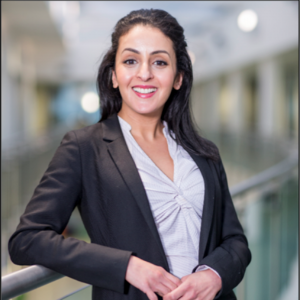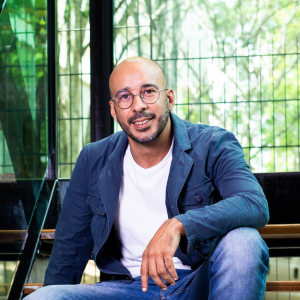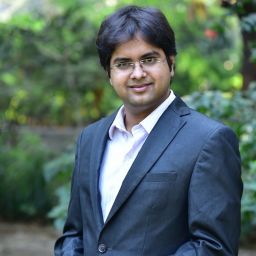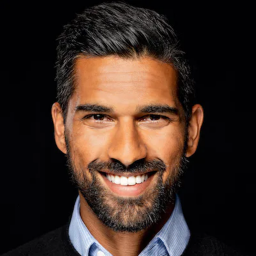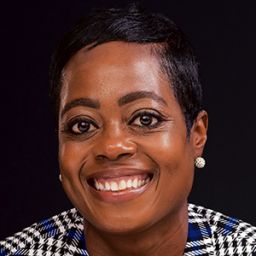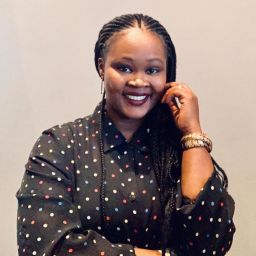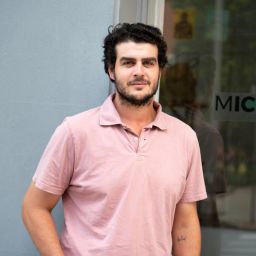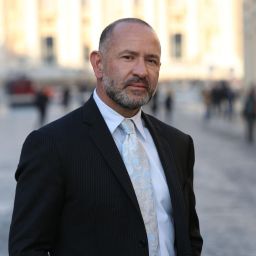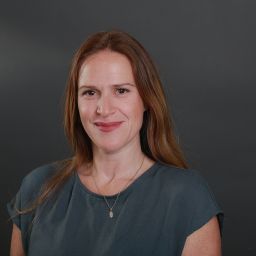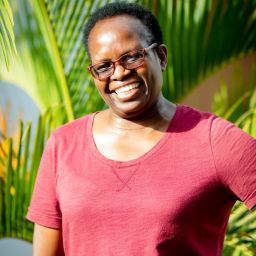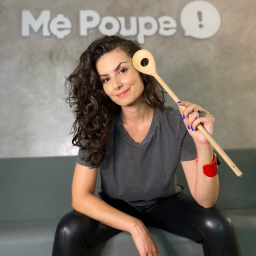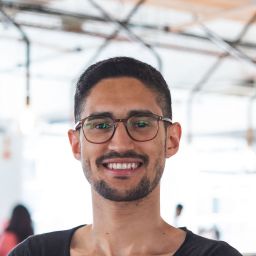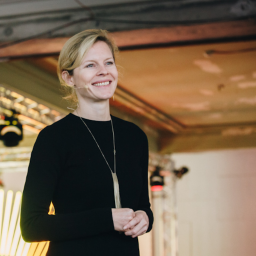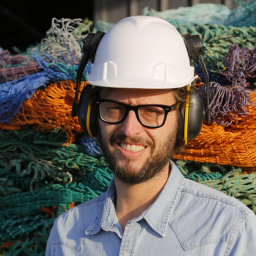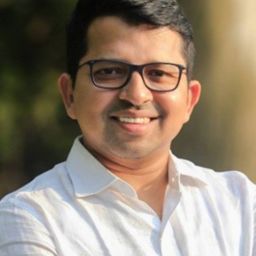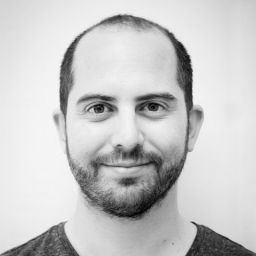Meaningful Business (MB:) Please tell us a bit about your background.
Tarun Bothra (TB): I am passionate about empowering women and removing the taboo associated with menstrual hygiene in India. I believe sustainability is important for our survival in the future, and I wanted to give back to the masses, which led me to co-found Saathi.
I lead the Research & Development, Product Development, Technical and Legal & Corporate Operations teams of Saathi to develop the highest quality product and ensure that the supply chain is completely sustainable for zero impact on the environment. Through innovative technology and business models, Saathi is setting a new standard for menstrual hygiene.
I hold a Bachelor’s in Mechanical Engineering from Nirma University and am a UnLtd India Fellow, Global Cleantech Innovation Programme Winner and a Global Entrepreneur Summit Fellow.
MB: What led you to start Saathi?
TB: The idea emerged when I realised that sanitary pads made out of 90% chemicals and plastics are a major health and environmental problem. We wanted to solve the problem of access to sanitary pads and menstrual hygiene in India, and reach the maximum number of women. We wanted to create a whole new value chain for hygiene products which are just not healthier and biodegradable, but also support the whole community associated with it.
To turn this idea into reality, Kristin Kagetsu and I began Saathi in 2015. We came together on a mission to create fully eco-friendly, compostable sanitary pads using locally sourced banana fibre from the state of Gujarat, where Saathi is based. Kristin was passionate about making a product that is sustainable using natural materials and impacts women, and I brought my business experience in renewable energy, materials and passion for improving the lives of the masses to set up this new social venture.
I also had personal experiences with a family member who was affected by having to face the taboos around menstrual hygiene in India. Together, we were motivated by the potential to make a positive difference for women in India while using an engineering approach focused on ecology and sustainability. We combined our experiences to conceive and develop a biodegradable and compostable sanitary pad with a cradle to cradle (completely sustainable) business model which also embodies the circular economy.
MB: What is the problem you are trying to solve?
TB: In India, 82% of women lack access to sanitary pads. In the absence of proper menstrual protection, many women resort to using rags and cloths, and even ash, bark and sand to stem menstrual bleeding, which exposes them to a high risk of infection. Women who use cloth are often not able to properly sterilise them because of societal taboos against washing and drying them in public. Improvised alternatives to pads are also uncomfortable, unreliable and lack adequate absorbency – making it very difficult for women to manage a work or school day while on their period.
The key problem Saathi addresses is to provide a hygienic, effective alternative to improve the lives of these women without creating any negative environmental impact. This is most significant; the small percentage of Indian women using sanitary pads today already generate 100,000+ tonnes of sanitary pad waste each year – a figure that could rise to 1,000,000+ tonnes if disposable pads were used by all Indian women of menstruating age. Plastic pads take 600 years to degrade, and worse, are frequently burned for disposal, generating CO2 & toxic fumes.
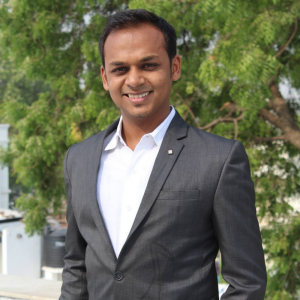 Tarun Bothra, Co-Founder & CTO, Saathi
Tarun Bothra, Co-Founder & CTO, Saathi
MB: What is your biggest challenge right now?
TB: The biggest challenge right now is to expand this model in other parts of the world and to meet the demand. To address this, we are fundraising to build a fully automatic manufacturing set-up and expand our business to the US.
MB: What is your vision for the future of your business?
TB: Our long term plan includes scaling up to increase capacity and launch in the US. We have the supply chain ready and go-to-market plans ready. We’re looking for the right funding partners to support this next phase of growth.
MB: What is your advice to other leaders who want to combine profit and purpose?
TB: If you’re planning to be an entrepreneur, it is good to talk to as many entrepreneurs as you can to find out what it is really like and if it will be a good fit for you. Also, try as many things as you can during school and college to learn what you like and what you don’t like.
One of the reasons many people don’t know what they are passionate about is that they haven’t explored enough. As an entrepreneur, it’s important to think outside the box, ask questions, be willing to learn, persevere, and believe in yourself and a better future. There will be many people who think you can’t do it or will not understand your idea, but be patient and you will find the right partners.
________
Quickfire Questions
MB – What’s the best piece of advice you ever received?
TB – To believe in myself and be self -reliant.
MB – Who inspires you?
TB – Anyone and everyone who is selfless.
MB – How do you define success?
TB – I define success not by how much money I am able to make, but by knowing how many people I am able to serve.
MB – What is something you wish you were better at?
TB – Acknowledging fear.
MB – What is the one book everyone should read?
TB – “Crossing the Chasm” by Geoffrey A Moore for entrepreneurship, and “Wings of Fire” by Dr. APJ Kalam for motivation and inspiration.
MB – What do you do to relax?
TB – I spend time alone, as well as going to places which are closer to nature and Mother Earth.
________
Discover the other MB100 leaders recognised for their work combining profit and purpose to help achieve the United Nations Sustainable Development Goals in 2020, here.


